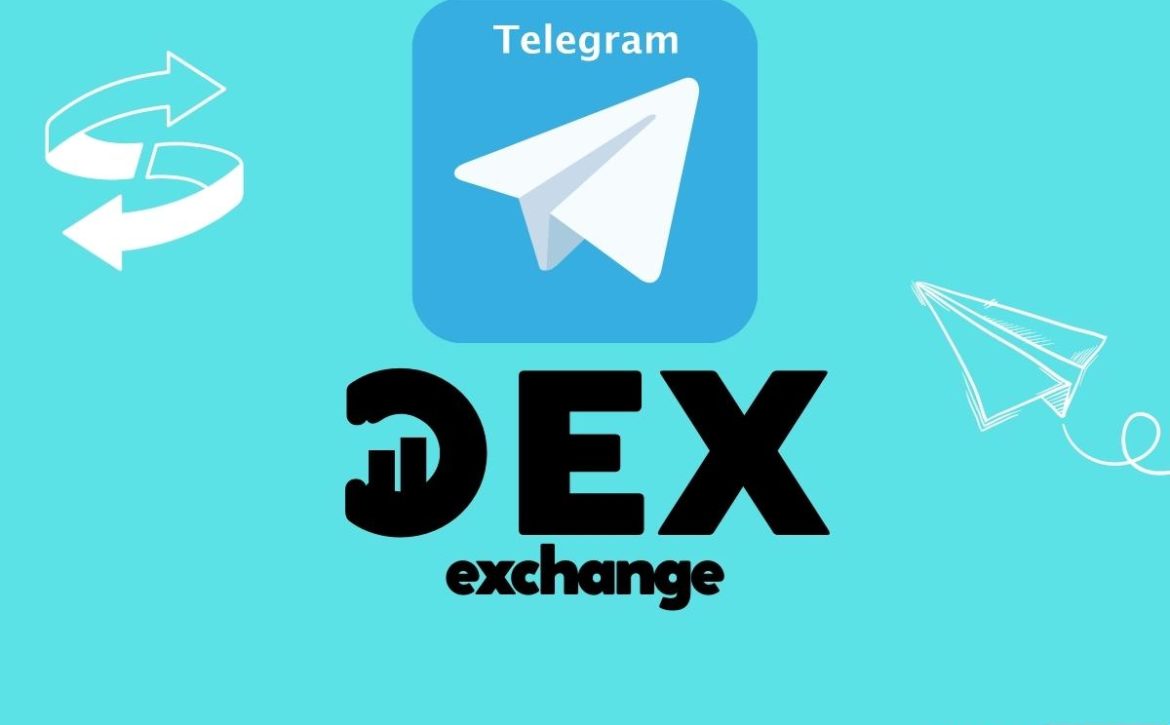A wave of repression by U.S. exchange regulators is affecting the companies behind development of decentralized crypto exchanges. Review by Crypto Upvotes experts
The cryptocurrency exchange dYdX, one of the most popular DeFi trading platforms. It is on its way to becoming a fully decentralized project, not the least of which is the policy of the U.S. government. Right now it’s running on a hybrid decentralized model. But in September, developers plan to launch a new version of it. This should help reduce the influence of centralized structures, on which it still has to rely.
The exchange depends at least on the dYdX Trading behind its development and StarkWare’s solutions for scaling trading capabilities on the Ethereum network. In the new version, dYdX will run on the Cosmos blockchain and leverage its own protocols. This is to minimize reliance on centralized links, any of which could potentially be pressured by regulators.
Decentralized finance (DeFi) projects are characterized by the absence of intermediaries for trading or loan transactions in crypto-assets. An automated protocol, the smart contract, plays the role of an intermediary. However, as in the case of dYdX, the development of this protocol is the responsibility of a specific company and team of developers.
Most DeFi projects issue their own tokens, which are traded on cryptocurrency exchanges. After the head of the U.S. SEC Gary Gensler said. that almost all existing crypto-assets are considered securities by the agency, any token issuer potentially falls under the agency’s oversight.
Repressions from the SEC of epic proportions
Speaking to community members during a conference call on March 30. The head of another decentralized exchange, SushiSwap, Jared Gray. Said he “stopped getting inspired” by his work. Gray spoke candidly about his attitude towards American regulators. In particular, he mentioned Senator Elizabeth Warren’s campaign platform, which included a total ban on cryptocurrency transactions in the United States. Politico published an article about Warren, saying in the headline that she was “raising an army against cryptocurrencies.
The week before, Gray revealed that he had received a subpoena from the SEC regarding his involvement with SushiSwap. To fund the impending lawsuit, Gray brought a proposal to the exchange’s existing Decentralized Autonomous Organization (DAO). In it, he proposed setting aside $4 million from the Treasury of the Record to create a “Sushi DAO Legal Defense Fund.”
“This is about an onslaught and retaliation of epic proportions, and it’s only going to get worse,” warned former SEC official John Reed Stark in a commentary for Bloomberg. Stark served as a senior adviser to the agency. And headed the Internet enforcement offices. He observed that regulators initially left market leaders untouched, focusing on easy-to-access projects. But now they’re targeting the big players as well.
What’s already happened this year
Also earlier this year, the SEC sued the cryptocurrency exchange Gemini because its Earn. Which allows users of the site to earn interest from lending their tokens. The service then fined Kraken exchange $30 million, while equating its stacking service with making money from unregistered securities. Later, the agency banned Paxos from issuing the BUSD token. It was second only to Tether’s USDC and Circle’s USDC in terms of capitalization.
In late March, the SEC accused Tron blockchain founder and Huobi exchange co-owner Justin Sun of artificially inflating trading volumes on the exchange. Just the same day, Coinbase received a notice from the SEC. It threatened to sue over a number of tokens and financial products available on this platform.
Full decentralization is needed to save crypto exchanges
Decentralized exchanges are already passing Coinbase in terms of trading volumes. Uniswap reached $71.6 billion in March, according to The Block Research. This is 45% higher than Coinbase’s $49.4 billion in the same month. Among traditional crypto exchanges, Coinbase is second only to Binance in terms of volume.
Summing up the results of the first quarter of this year Coinbase representatives wrote. That the trends on the exchange reflect a larger market. The actions of the SEC and CFTC only underscore the uncertainty surrounding Ethereum and other altcoins.
Referring to the Coinbase situation, in an interview with Bloomberg, dYdX head Antonio Giuliano says. About more and more cryptocompanies refusing to actively engage with regulators in the U.S. against the backdrop of what is happening. His company, dYdX Trading, will continue to work on the protocol after the launch of the new version of the exchange.
According to Giuliano, the network on which the next version of dYdX will run will work with multiple transaction validators. This is to minimize the risks of being banned or censored, to which the centralized mechanism is subject. The exchange will not technically have the ability to reject or censor transactions.
Our experts believe that the final form for everything in DeFi should be complete decentralization !




